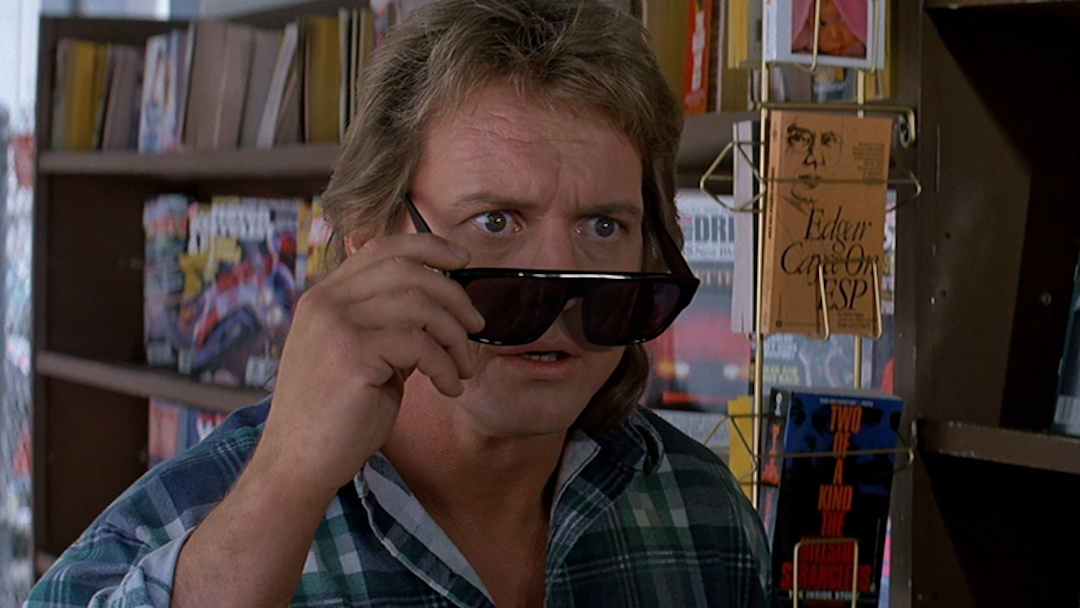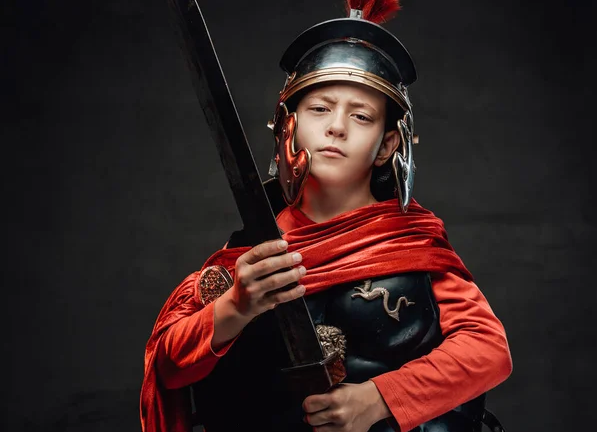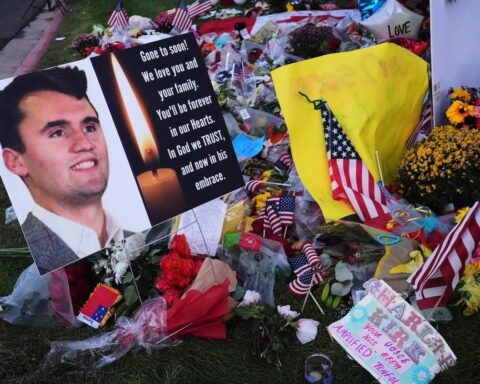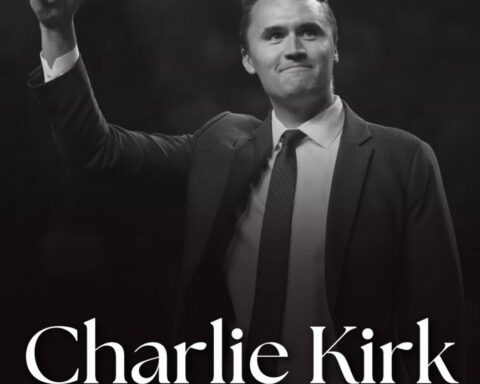Recently, I find myself telling people, “These big companies are killing you. They don’t care about you. They only care about money. They’re greedy psychopaths and they’ll burn everything down for a profit.”
But I’m not a leftist or a Democrat. I didn’t occupy Wall Street. I’m a Christian, a paleconservative, I suppose. I support free enterprise. I support competition in the market. I don’t have problems with people earning money and getting rich. I do have a problem with cheating and corruption, though. During the past 20 years, I’ve become much more aware of the threat of big corporations and their many crimes against normal people.
Pharmaceutical corporations are killing people with their COVID jabs and they have killed hundreds of thousands of people in the past with other failed drugs. Here’s a list of the top 10 pharmaceutical settlements, in order of dollar amounts (highest to lowest). These can include a combination of criminal fines and civil settlements:
- GlaxoSmithKline, $3 billion, 2012
- Pfizer, $2.3 billion, 2009
- Johnson & Johnson, $2.2 billion, 2013
- Abbott, $1.5 billion, 2012
- Eli Lilly, $1.42 billion, 2009
- Merck, $950 million, 2011
- Amgen , $762 million, 2012
- AstraZeneca, $520 million, 2010
- Actelion, $360 million, 2018
- Purdue Pharma, $270 million, 2019
Corporate retail giants like Walmart have put who knows how many small business owners out of business. Boards of these companies preach community responsibility while they force regular people to close up shop. They claim to appreciate their associates while many of their workers rely on welfare and public assistance to get by.
If corporations were truly persons, then they’d be psychopaths and we’d lock them up.
- The Corporation (2003) – https://youtu.be/zpQYsk-8dWg
- Walmart: The High Cost of Low Price (2005) – https://youtu.be/RXmnBbUjsPs
Spotify made the news recently because Joe Rogan has real discussions about real issues, but streaming services like Spotify, Apple Music, Amazon Music, etc., have been skimming money from artists for a while. Sure, people can listen to music for cheap, but what happens when artists stop making music?
“To oversimplify, the big winners are the streaming services and the large record companies. The losers are the 99 percent of artists who aren’t at Beyoncé’s level of fame. And they’re angry about not sharing in the music industry’s success.” – Streaming Saved Music. Artists Hate It.
I’m a GenXer. I grew up in 1980s, when America was the superpower and I enjoyed the prosperity of the USA before President Bill Clinton signed NAFTA. Free market capitalism ruled the West, and many businesses still actually competed to sell the best products. We were still coasting fast on the fumes of Christian America.
Today, those fumes are mostly gone. More and more Americans say they are “none” when it comes to religion and corporations no longer try to serve people. CEOs and boards leverage their wealth and power to buy politicians and governments. Corporations lobby for laws that kill their competition and small businesses. The coup d’etat happened — no, is still happening — during the COVID years as corporations across the globe reap massive profits during the largest wealth transfer from the poor to the rich in history.
Most corporations today are enemies of normal people in every nation.
One of the flaws of Man, or maybe we should say “tragedy,” is that we lose knowledge across generations. Unless we make a concerted effort to teach and train up our children, we eventually forget what was once known and understood.
Here are some books by people who saw the corporate threat way before our time.
The Servile State by Hilaire Belloc, 1912
“The Servile State has endured as his most important political work. The effect of socialist doctrine on capitalist society, Belloc wrote, is to produce a third thing different from either—the servile state, today commonly called the welfare state.” – Goodreads
The Outline of Sanity by G.K. Chesteron, 1927 (PDF)
“As an advocate of Distributism, an early 20th-century school of social thought developed by the author and his colleagues, Chesterton addresses the topics of concentration of wealth, poverty, work, agriculture, machinery, and capital in this famous work. He favored distribution of wealth while being antisocialist; he advocated ownership of private property while being anticapitalist. He argues that the economic order is bound by moral law and that man should be served by the economy rather than serving it.” Goodreads
Who Owns America: A New Declaration of Independence by Herbert Agar (Editor), Allen Tate, 1936
“This is an old book (published 1936) with a timely message for today. The authors’ solutions are sane and simple. We just need to stop supporting these mega-monopolies.” Paula, Goodreads
The threat of corporations is the same as the threat of any centralized power. The power becomes disconnected from actual people, real nations, and healthy societies. Centralized power, be it a government, a church, a corporation, eventually stops serving the people and starts serving itself.
Centralization increases power and magnifies the impact of mistakes or evil intentions. Decentralization decreases power and mitigates the impact of both.
“Power tends to corrupt and absolute power corrupts absolutely.” – Lord Acton (1887)
The solution is simple, although difficult: stop supporting corporations. The reality of our world is that people hold all power, but our power is decentralized by nature. That’s one of the beautiful things about the world God created. We have power, but we have to choose to use it together.
We can stop buying corporate products, stop listening to corporate media, stop supporting corporate politicians. We can fight. The choice is ours.










Fellow late Gen X/Early Gen Y here. The shock of comparing my school experience, complete with teacher smoking rooms, with those of my younger brother-in-law is real. Growing up in the Midwest insulated me from the shift, but by the grace of God, my son will be homeschooled and grow to be a Man of the West.
Amen. Same experience for me as well. I can remember fellow students still having gun racks and guns in their trucks at school. Of course, I live in the rural South, so there’s that. But yeah, I’m also homeschooling my children.
Think and act locally. Find local businesses and support them.
Yep.